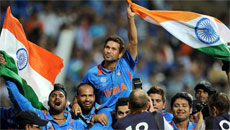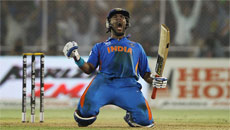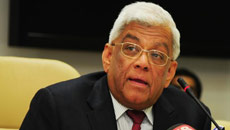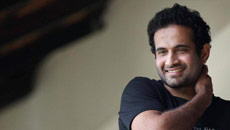Fear of failure or excessive worry affects the performance of athletes, a study has confirmed.
The study that focused on cognitive anxieties such as worry or fear of failure supported the predictions of 'catastrophe theory' which posits that sporting performance would be adversely affected by increased stress and anxiety.
"Our research indicates that heightened cognitive anxiety, brought on by the competitive scenario, really does affect performance abilities in physically active people - and the same is likely to apply even for trained athletes," said Michael Duncan of Coventry University in Britain.
"Where this study differs from anything in the past is that we measured these responses 'in-event' rather than after performance, so we are generating a much more accurate picture of whether catastrophe theory has any value," Duncan noted.
The researchers tested the anticipation and coordination abilities of 18 active and healthy young adults during two sets of identical physical tests - one ostensibly a practice, the other a competition.
In the 'competitive' trials, researchers found that the participants' coincidence anticipation timing (CAT) - or their ability to anticipate and coordinate actions akin to catching a ball or striking a moving object - was significantly worse than in the practice scenarios.
At the same time, their mental (cognitive) anxiety levels were found to be substantially higher during the competitive trials than they were in practice, a likely result of worrying about their performance.






